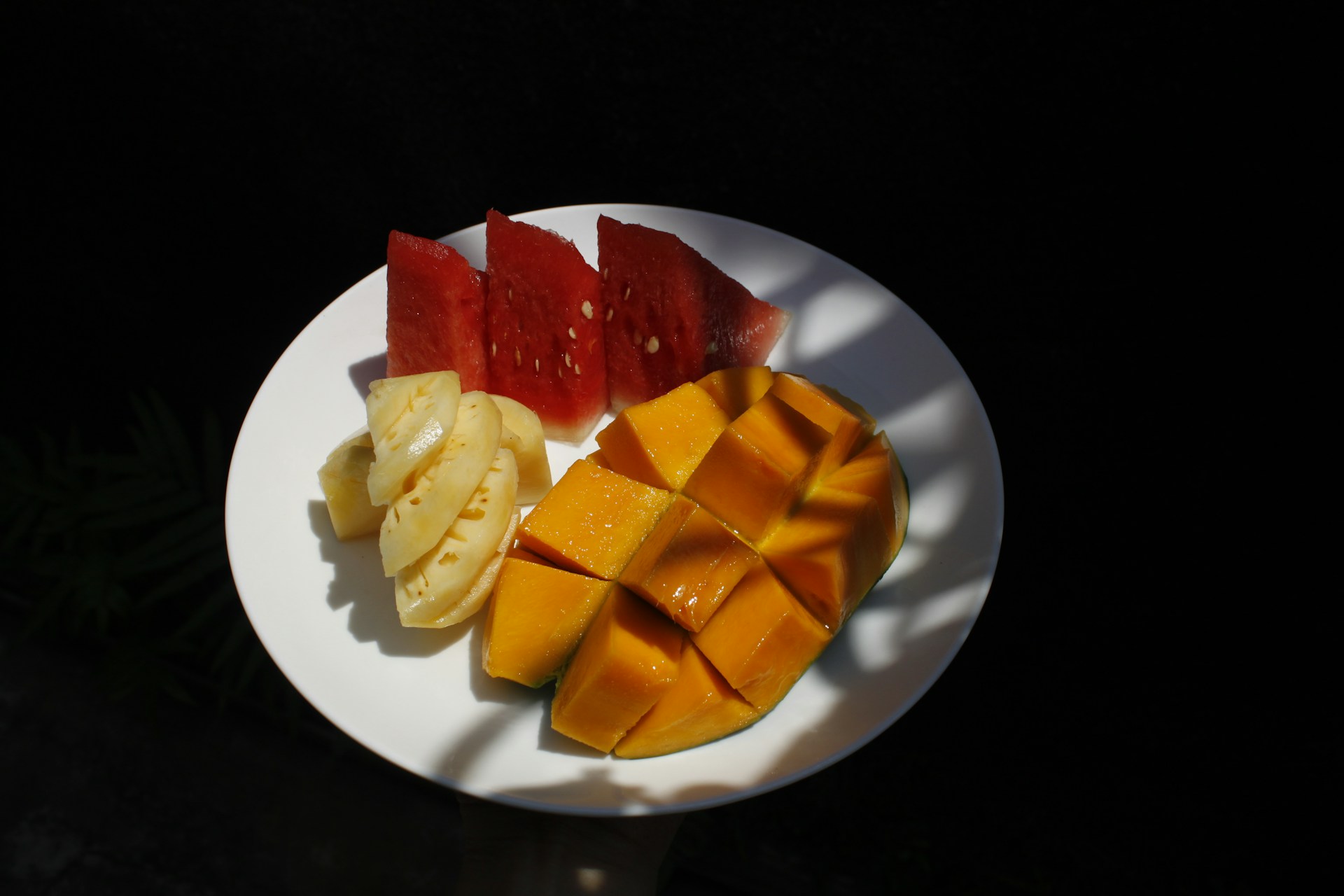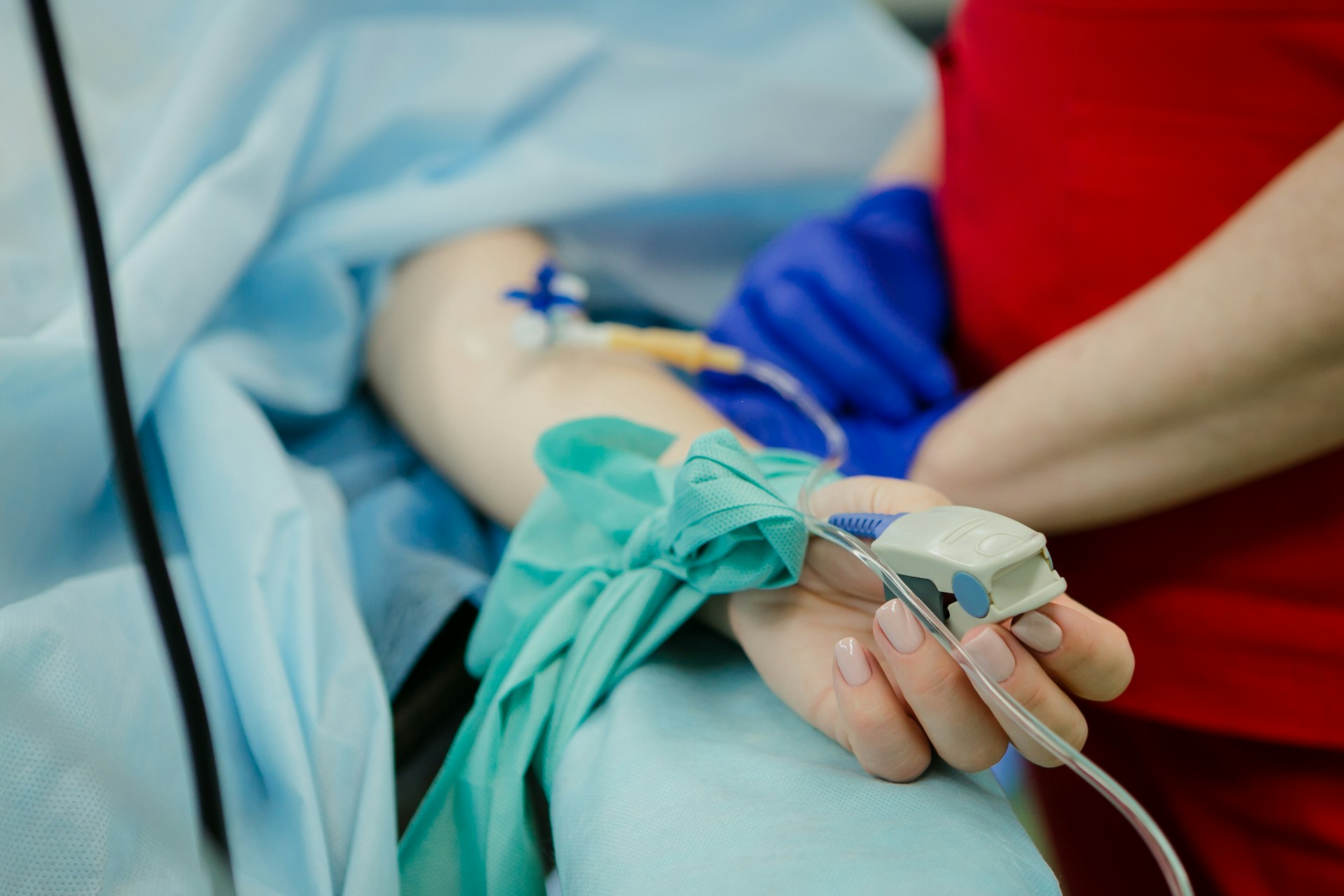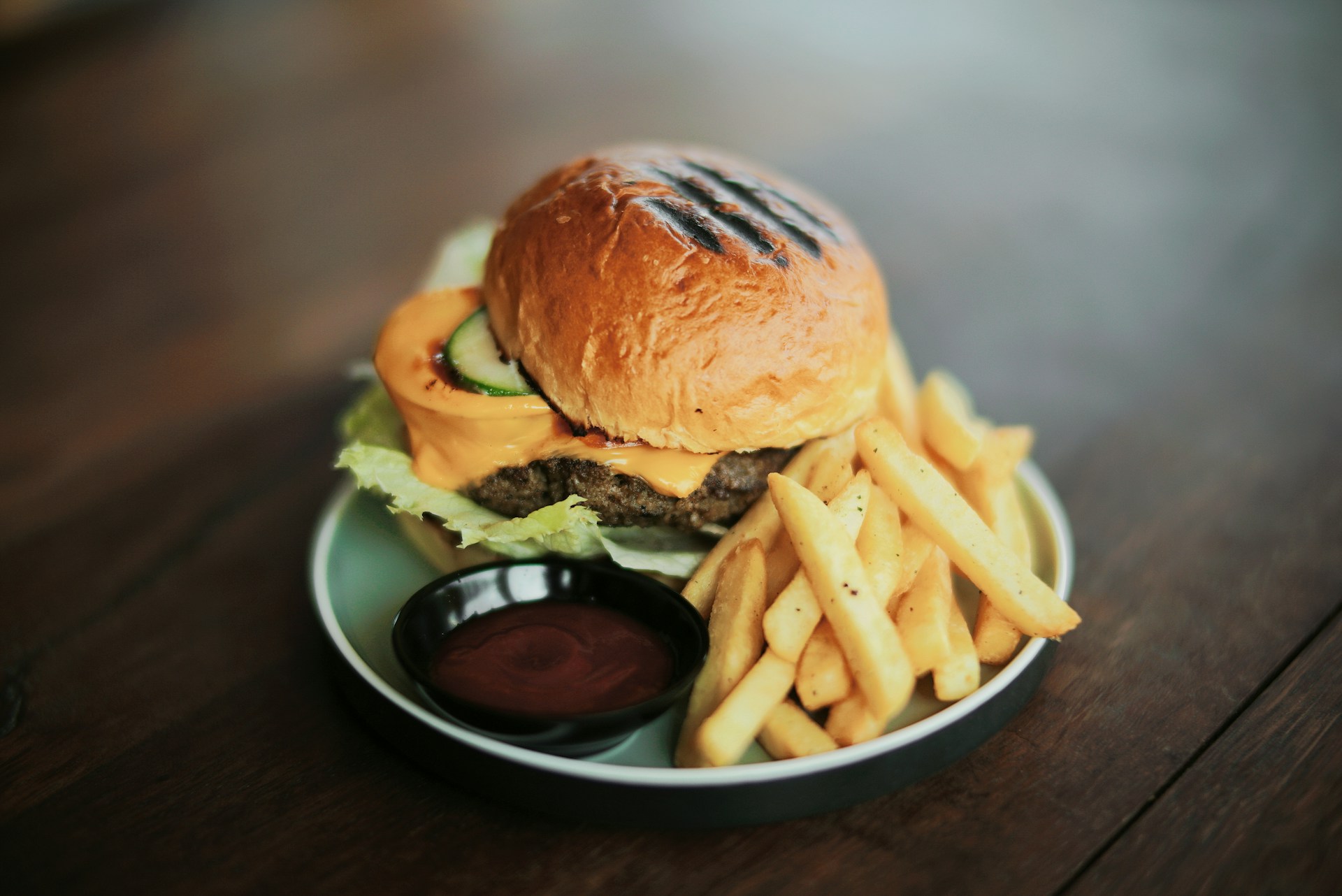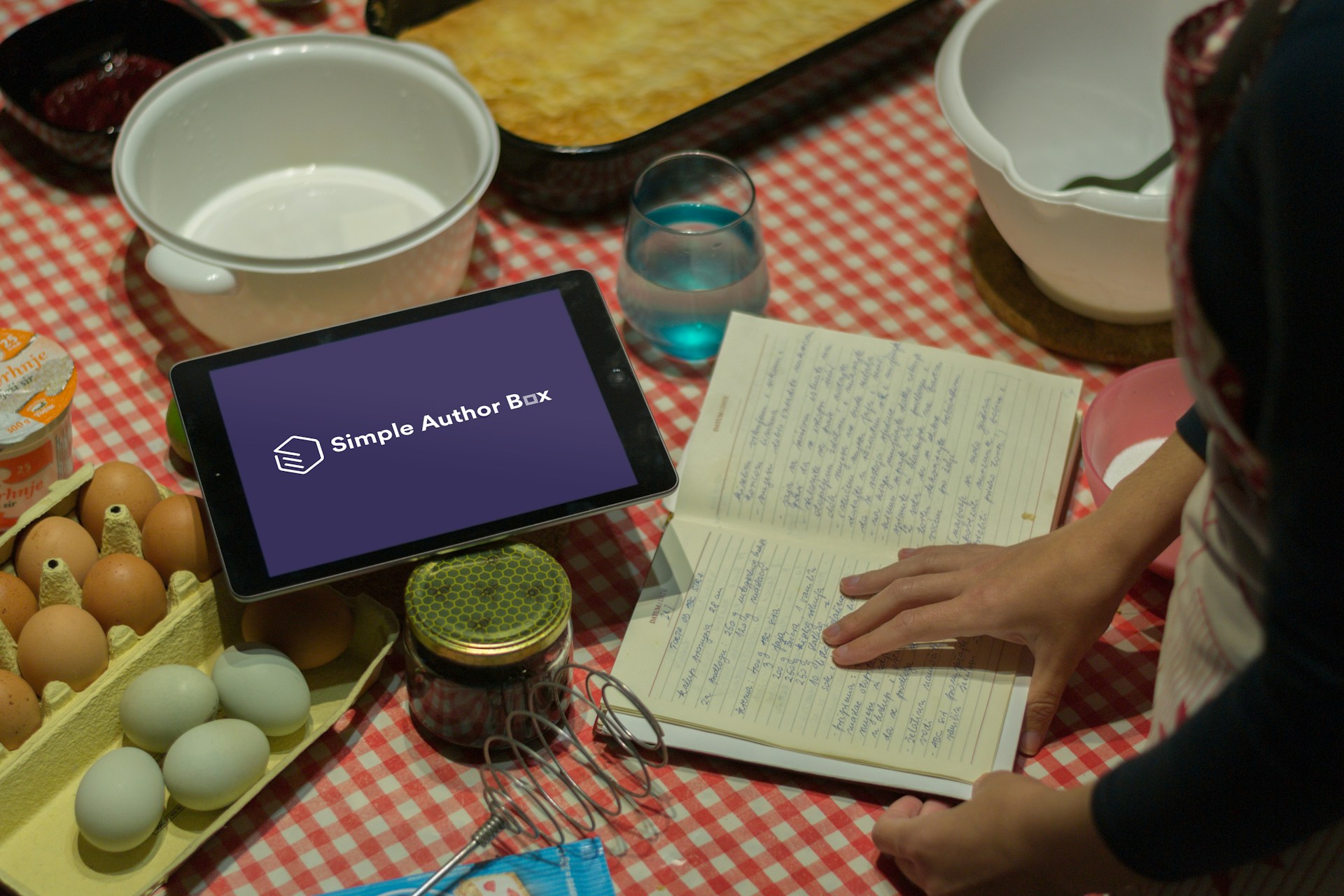Uji Psikomotor Waktu Reaksi pada Siswa Yang Sarapan Dan Tidak Sarapan
Downloads
Background: Eating habits that are currently owned by elementary school age children are difficult to eat with amoung should be three times a day according to the needs, one of them is breakfast. When they didn't breakfast before went to school they will deficiency of intake. Energy that can cause the children quickly experience fatigue and less to concentration for accepting the lesson in the school. Psycomotor test reaction time is the interval between receiving stimulus with a respon do main which includes movement behaviour and physical coordination, motor skills.
Objectives: The purpose of this research is to analyze test time reaction psychomotor and to provides an overview of thetime difference reaction between students who breakfast and did not have breakfast
Methods: This study is an observational study using cross sectional design. The sample in this study was school children aged 9-12 years much as 100 children by measuring the reaction time of students who had breakfast or not breakfast with a special tool called Body Reaction
Results: The result showed that of 45 % students have a habit of breakfast and at 55 % students do not have a habit of breakfast with psychomotor test time reaction between students who breakfast is better than the students who did not breakfast( p-value 0.01<0.05 ).
Conclusions: There is the differencein psychomotor test time reaction between students who breakfast and did not have breakfast.Explained that the students also took a chance breakfast first before he left school, because with breakfast will be triggered growth and maximize the capability of at school.
ABSTRAK
Latar Belakang: Kebiasaan makan yang saat ini dimiliki oleh anak usia sekolah dasar adalah sulitnya untuk makan dengan jumlah yang seharusnya yaitu 3 kali dalam sehari sesuai dengan kebutuhan, salah satunya adalah sarapan. Disaat mereka tidak sarapan sebelum berangkat ke sekolah mereka akan kekurangan asupan energi yang dapat menyebabkan anak tersebut cepat mengalami kelelahan dan kurang konsentrasi dalam menerima pelajaran saat di sekolah. Uji psikomotor waktu reaksi adalah interval antara penerimaan stimulus dengan suatu responyang meliputi perilaku gerakan dan koordinasi jasmani, ketrampilan motorik dan kemampuan fisik seseorang.
Tujuan: Untuk menganalisis hasil uji psikomotor waktu reaksi serta untuk memberikan gambaran mengenai perbedaan waktu reaksi antara siswa yang sarapan dan tidak sarapan
Metode: Penelitian ini merupakan penelitian yang bersifat observasional dengan menggunakan design cross sectional. Sampel dalam penelitian ini adalah anak sekolah usia 9-12 tahun yaitu sebanyak 100 anak dengan cara mengukur waktu reaksi siswa baik yang sudah sarapan atau tidak sarapan dengan alat khusus yaitu Body Reaction
Hasil: Hasil penelitian menunjukkan bahwa sebesar 45% siswa memiliki kebiasaan sarapan dan sebesar 55% siswa tidak memiliki kebiasaan sarapan dengan hasil uji psikomotor waktu reaksi antara siswa yang sarapan lebih baik dibandingkan dengan siswa yang tidak sarapan (p-value 0,01<0,05).
Kesimpulan: Terdapat perbedaan uji psikomotor waktu reaksi antara siswa yang sarapan dan tidak sarapan. Sebaiknya siswa menyempatkan sarapan terlebih dahulu sebelum berangkat sekolah, karena dengan sarapan akan memacu pertumbuhan dan memaksimalkan kemampuan di sekolah.
Khomsan, A. Pangan dan Gizi Untuk Kesehatan 2. (Departemen Gizi Masyarakat, Fakultas Ekologi Manusia, Institut Pertanian Bogor, 2005).
Rampersaud G., Pereira M., Girard B., Adams J., Metzl., J. Breakfast habits, nutritional status, body weight, and academic performance in children and adolescents. J Am Diet Assoc.105, 74–60 (2005).
Gurdani Y. Kebiasaan Makan Pagi, Lama Tidur Dan Kelelahan Kerja (Fatique) Pada Dosen. J. Kesehat. Masy. 53–7 (2003).
Baldiger, N., Krebs, A., Muller, R., & A. Swiss Children Consuming Breakfast Regulary Have Better Motor Functional Skills and Are Less Overweight Than Breakfast Skippers. J. Am. Coll. Nutr.2, 87–93 (2012).
Larega, T. S. P. Effect Of Breakfast On The Level Of Concentration In Adolescents. J Major.4, 115–121 (2015).
Bompa, T., & Harf, G. Periodization Training for Sports:Theory and Methodelogy of Training. (Human Kinetics, 2009).
Hendriawan, I. Hubungan Whole Body Reaction Time Dengan Antisipasi Penjaga Gawang Pada Saat Tendangan Penalty Dalam Olahraga Sepakbola. (Universitas Pendidikan Indonesia, 2014).
Brebner, J.T & Welford, A. . Introduction:An Historical Background Sketch In Welford Reaction Time. (Academic Press, 1980).
Kurniasih, D. Hilmansyah, H. Astuti, MP. Imam, S. Sehat dan Bugar Berkat Gizi Seimbang. (Gramedia, 2010).
Yulianti, I., Hadi, H. & Julia, M. Kebiasaan Sarapan tidak berhubungan dengan Status Gizi Anak Sekolah Dasar di Kabupaten Timor Tengah Selatan Provinsi Nusa Tenggara Timur. J. Gizi dan Diet. Indones.3, 77–86 (2015).
Ambarwati, M. Hubungan Antara Pengetahuan, Sikap dan Kebiasaan Makan Pagi dengan Status Gizi Anak di SDN Banyuanyar III Kota Surakarta. (Universitas Muhammadiyah Surakarta, 2014).
Moehji. Ilmu Gizi 2 Penanggulangan Gizi Buruk. (PT. Bharata Niaga Media, 2009).
Prabowo, Y. Hubungan Antara Kebiasaan Sarapan Pagi Dengan Indeks Prestasi Kumulatif (IPK) Mahasiswa Tingkat III Fakultas Kedokteran UPN ‘Veteran' Jakarta Tahun Ajaran 2010-2011. (Universitas Veteran Jakarta, 2011).
Ackuaku-Dogbe, E. & Abaidoo, B. Breakfast Eating Habits among Medical Students. Ghana Med. J.48, 66 (2014).
Mahoney, C. R., Taylor, H. A., Kanarek, R. B. & Samuel, P. Effect of Breakfast Composition on Cognitive Processes in Elementary School Children. Physiol. Behav.85, 635–645 (2005).
Giovanni, M. Breakfast : a Good Habit, Not Repetitive Custom. J. Int. Med. Res.36, 613–624 (2008).
Masithah, T. & Martianto, D. Hubungan Pola Asuh Makan dan Kesehatan Dengan Status Gizi Anak Batita Di Desa Mulya Harja. Media gizi dan Kel.29, 29–39 (2005).
Maffeis, C. Breakfast Skipping In Prepubertal Obese Children : Hormonal Metabolic and Cognitive Consequences. Eur. J. Clin. Nutr.66, 314–321 (2012).
Hidayat, A. Manfaat Sarapan. (Erlangga, 2011).
Wardoyo, H. A. & Mahmudiono, T. Hubungan Makan Pagi dan Tingkat Konsumsi Zat Gizi dengan Daya Konsentrasi Siswa Sekolah Dasar. Media Gizi Indones.9, 49–53 (2013).
Putra, A. . N. W. N. & Muliarta, M. Pemberian Sarapan Mempercepat Waktu Reaksi pada Mahasiswa Fakultas Kedokteran Universitas Udayana. (Universitas Udayana, 2015).
Gajre, N.S, Fernandez, S.Balakrishna, N., Vazir, S. Breakfast Eating Habit and its Influence on Attention-concentration, Immediate Memory and School Achievement. Indian Pediatr. J. (2008).
AMERTA NUTR by Unair is licensed under a Creative Commons Attribution-ShareAlike 4.0 International License.
1. The journal allows the author to hold the copyright of the article without restrictions.
2. The journal allows the author(s) to retain publishing rights without restrictions
3. The legal formal aspect of journal publication accessibility refers to Creative Commons Attribution Share-Alike (CC BY-SA).
4. The Creative Commons Attribution Share-Alike (CC BY-SA) license allows re-distribution and re-use of a licensed work on the conditions that the creator is appropriately credited and that any derivative work is made available under "the same, similar or a compatible license”. Other than the conditions mentioned above, the editorial board is not responsible for copyright violation.












































